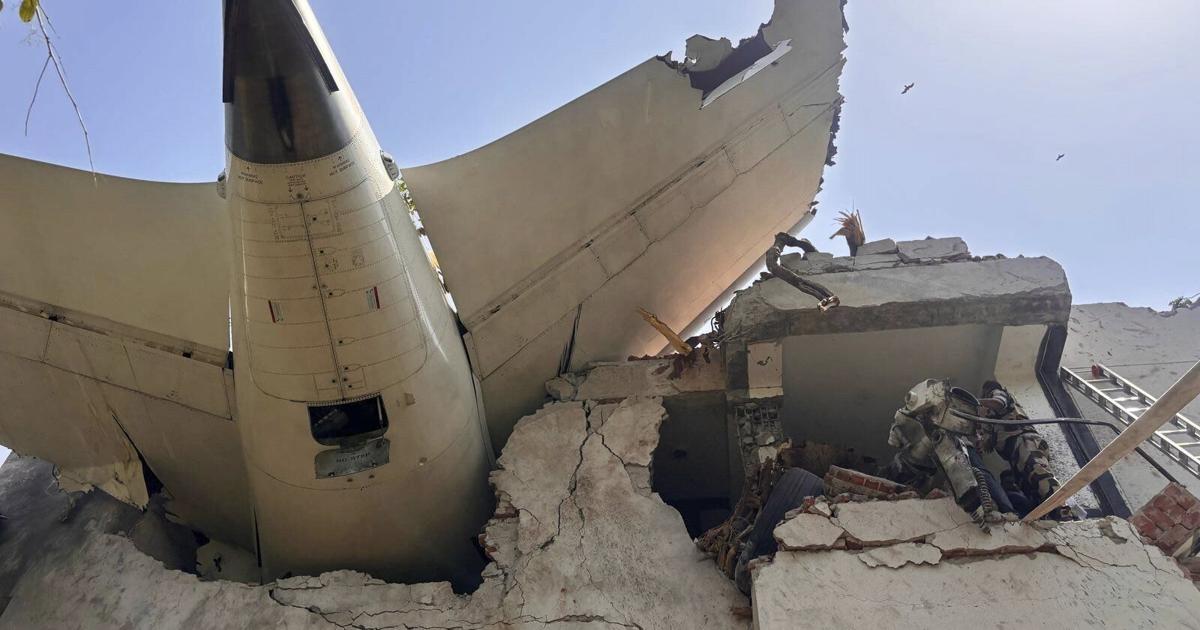For several years, I have been researching the possibility of living on Mars. Recently, I was invited to speak about space at HMP Erlestoke in England, a category C men's prison. Surprisingly, I found many similarities between the challenges faced by potential Martians and daily life in jail.
The talk took place during a literary festival called 'Penned Up'. As I discussed the parallels between Mars and prison with the inmates at HMP Erlestoke, we agreed that both environments involve long-term isolation, confinement, and psychological challenges, not to mention poor food quality.
As we progress in planning for Mars exploration and consider how to survive on this distant planet, there may be valuable lessons to learn from the environment of modern prisons. Understanding this overlap could be crucial for the well-being of future Martian inhabitants, drawing from the experiences of those in challenging environments like prisons.
It is essential to acknowledge the fundamental difference between prisons and space exploration. Prisons are punitive institutions that deprive individuals of freedom, while space exploration is a selective, voluntary endeavor. Living in prison presents significant challenges, with many facilities failing to meet legal standards due to overcrowding and shortages.
Poor prison conditions can have a profound negative impact, emphasizing the need for effective solutions. The knowledge gained from this could also benefit individuals in other challenging and remote environments, such as space exploration.
Extreme Routine
Daily life in both prisons and space is characterized by structured routines. In prisons, days are meticulously planned, dictating activities from waking to sleeping. Similarly, astronauts follow strict timetables set by mission control.
Assigned tasks, such as kitchen or laundry duties, are common in prisons and mirror the scientific experiments and maintenance duties that Martian astronauts would perform. Mandatory work can sometimes lead to resentment due to limited autonomy.
Basic food and limited sleep are shared factors in both environments. While prison food is of low nutritional value and served at fixed times, astronauts consume carefully planned dehydrated meals on Mars. Sleep can be disrupted by noise and poor conditions in prisons, similar to the challenges faced by astronauts aboard the International Space Station.
Limited Space
Prison cells are known for their small size and lack of personal space, similar to the confined habitats that Martian explorers will inhabit. The lack of personal space and privacy in both settings can lead to heightened stress levels and emotional challenges.
Both environments pose potential risks, whether interpersonal in prisons or environmental in space. These risks can create a state of vigilance that significantly impacts mental well-being.
Dealing with Isolation
The psychological challenges of prolonged isolation are significant in both prisons and space. Imprisonment involves separation from the outside world, leading to feelings of isolation and loneliness. Astronauts on Mars missions may also experience isolation due to the extended duration of their trips.
Feelings of control are crucial in both environments, as prisoners lack control over their daily lives, and astronauts operate under strict guidelines. Social dynamics in prisons and among Martian crews involve living in close quarters with a limited set of companions, leading to complex relationships and potential conflicts.
Lessons learned from studying prison experiences can provide valuable insights for mitigating the negative impacts of life on Mars. Strategies such as maximizing personal space, improving food quality, and fostering strong social connections will be essential for Martian travel.
By improving prison conditions and learning from these environments, we can better prepare future Mars inhabitants for the challenges of living on a distant planet, enhancing their chances of survival and well-being.
Source: Mirage News














